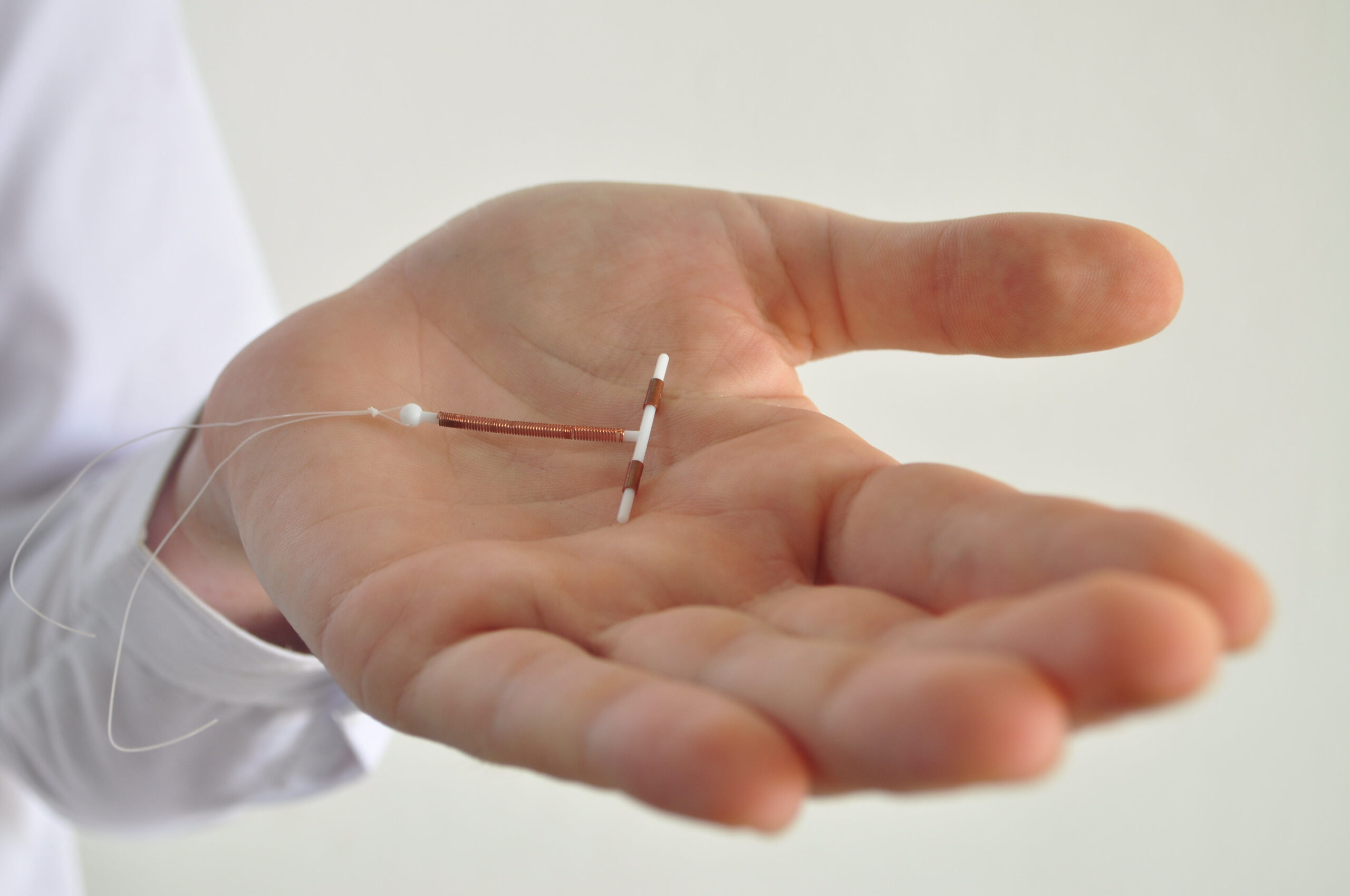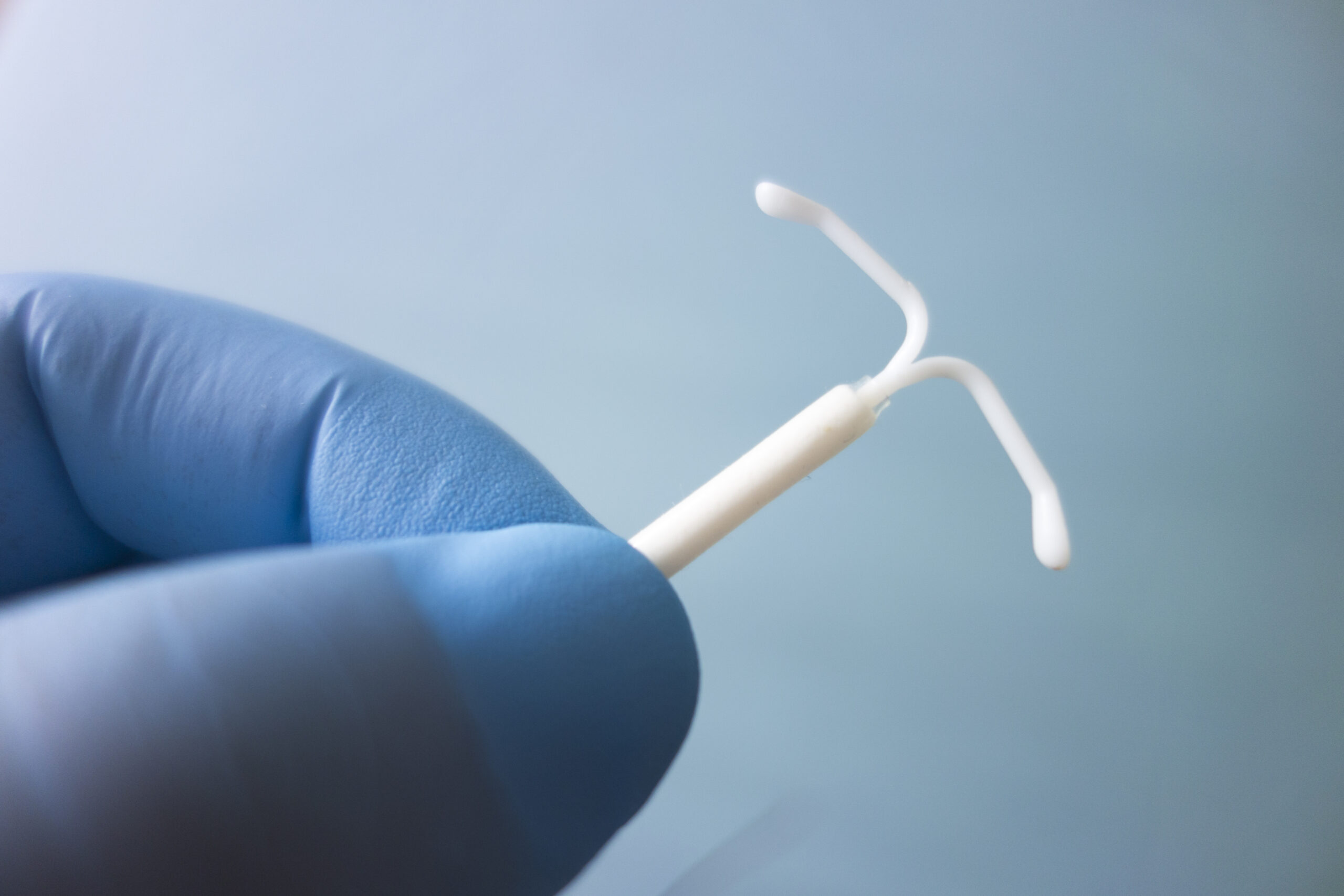Choosing the right contraceptive method is crucial to your health and lifestyle. We understand the importance of informed choices at Women’s Health Specialists in Germantown, serving Memphis, Collierville, Bartlett, and Arlington. This blog intends to provide a comprehensive comparison between copper and hormonal intrauterine devices (IUDs), two highly effective long-term contraceptive options.
Understanding Intrauterine Devices (IUDs)
Intrauterine devices, commonly known as IUDs, are a long-term contraceptive method that has gained popularity for their efficacy and convenience. An IUD is a tiny, T-shaped device inserted into your uterus by your healthcare provider. Once in place, it offers continuous birth control, eliminating the need for daily or monthly routines associated with other contraceptive methods like pills or patches.
There are two primary types of IUDs: copper and hormonal. Both serve the same purpose—preventing pregnancy—but do so through different mechanisms. Copper IUDs use copper to create an environment in the uterus that is inhospitable to sperm. On the other hand, Hormonal IUDs release a hormone called progestin. Progestin thickens the cervical mucus. It also thins the lining of the uterus. The result? It’s more difficult for the sperm to reach the egg.
Choosing between these options involves various factors, including how your body reacts to hormones, your menstrual cycle, and your long-term family planning goals. It’s crucial to consult with one of our healthcare providers to determine which type of IUD most suits your needs.
Copper IUDs: Mechanism and Benefits
Copper IUDs, also known as non-hormonal IUDs, offer a unique approach to contraception. Unlike their hormonal counterparts, copper IUDs do not release any hormones into the body. Instead, they utilize copper as their active ingredient. The coil of copper wire wraps around the T-shaped device. It acts as a natural spermicide. Therefore, it creates an environment in the uterus that is inhospitable to sperm. This effectively prevents fertilization, making copper IUDs one of the most reliable forms of birth control.
One of the primary advantages of copper IUDs is their longevity. A single device can provide effective contraception for up to 10 years. This makes it an excellent choice for those seeking a long-term, low-maintenance contraceptive solution. Additionally, you can use copper IUDs as emergency contraception. The only catch is a time window: within five days of unprotected intercourse.
However, it’s essential to note that copper IUDs may lead to heavier menstrual bleeding and increased cramping, especially during the first few months of use. These side effects often diminish over time but can be a significant consideration for some individuals.
Ideal candidates for copper IUDs prefer a hormone-free method of contraception, have no history of severe menstrual cramps, and are looking for a long-lasting solution. As with any medical decision, consultation with a healthcare provider is crucial to determine if a Copper IUD is the most appropriate choice for your reproductive health needs.
Hormonal IUDs: Mechanism and Benefits
Hormonal IUDs offer a different approach to contraception by releasing a hormone called progestin into the uterus. Unlike copper IUDs, hormonal IUDs thicken the cervical mucus and thin the uterine lining. This dual action not only makes it difficult for sperm to reach the egg but also creates an environment where a fertilized egg would find it challenging to implant itself into the uterine wall.
One of the standout benefits of hormonal IUDs is their ability to reduce menstrual bleeding and cramping. For many women, periods become lighter and less painful, making this option particularly appealing to those who experience heavy or uncomfortable menstrual cycles. Hormonal IUDs are long-lasting, providing effective contraception for three to seven years.
However, it’s important to consider potential side effects, including irregular bleeding, headaches, and hormonal fluctuations affecting mood. These side effects are generally mild and often subside after the first few months of use.
Hormonal IUDs are an excellent choice for individuals who are comfortable with hormonal methods of contraception, seek relief from heavy menstrual bleeding, or prefer a long-term yet reversible form of birth control.
Comparative Analysis: Copper vs Hormonal IUDs
When choosing between copper and hormonal IUDs, understanding the distinct mechanisms and benefits can help you decide on the option that best works for you. Both types offer long-lasting, highly effective contraception but differ in several key areas.
Copper IUDs are hormone-free and can last up to 10 years. They are particularly useful for those who prefer to avoid hormonal methods or have sensitivities to hormones. However, they may result in heavier menstrual bleeding and increased cramping, especially in the initial months of use.
Hormonal IUDs can cut down on menstrual bleeding and alleviate cramps. They are effective for a period ranging from three to seven years. Potential downsides include hormonal side effects like irregular bleeding and headaches, which usually diminish over time.
Questions for Your Healthcare Provider
Selecting the right type of IUD is a decision that should be made in consultation with a qualified healthcare provider. Your medical history, lifestyle, and reproductive goals are all crucial factors that can influence the best choice for you. Here are some essential questions to discuss during your consultation:
- What are the potential side effects of each type of IUD?
- How will the IUD interact with any current medications or health conditions?
- What is the procedure for inserting and removing the IUD?
- Are there any restrictions on physical activities post-insertion?
- How quickly can fertility be restored upon removal of the IUD?
Your healthcare provider can offer particular recommendations based on your needs and conditions. They can also provide insights into how each type of IUD may align with your lifestyle and long-term family planning objectives. Remember, the most effective contraceptive method is the one that fits seamlessly into your life while meeting your healthcare needs.
Copper and Hormonal IUDs at Women’s Health Specialists
Making an informed decision about contraception is vital for your reproductive health. Whether you’re leaning towards a copper or hormonal IUD, Germantown’s Women’s Health Specialists team is here to guide you. We serve the vibrant communities of Memphis, Collierville, Bartlett, and Arlington. Don’t leave your contraceptive choices to chance; schedule a consultation with us today to find the best method tailored to your needs.




